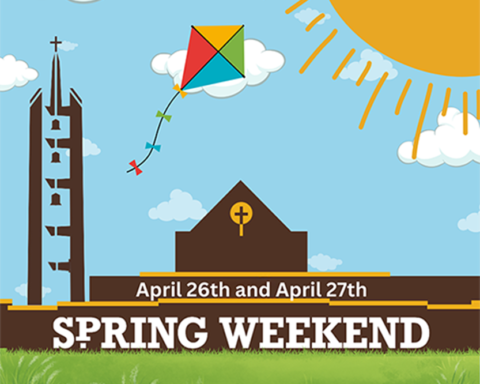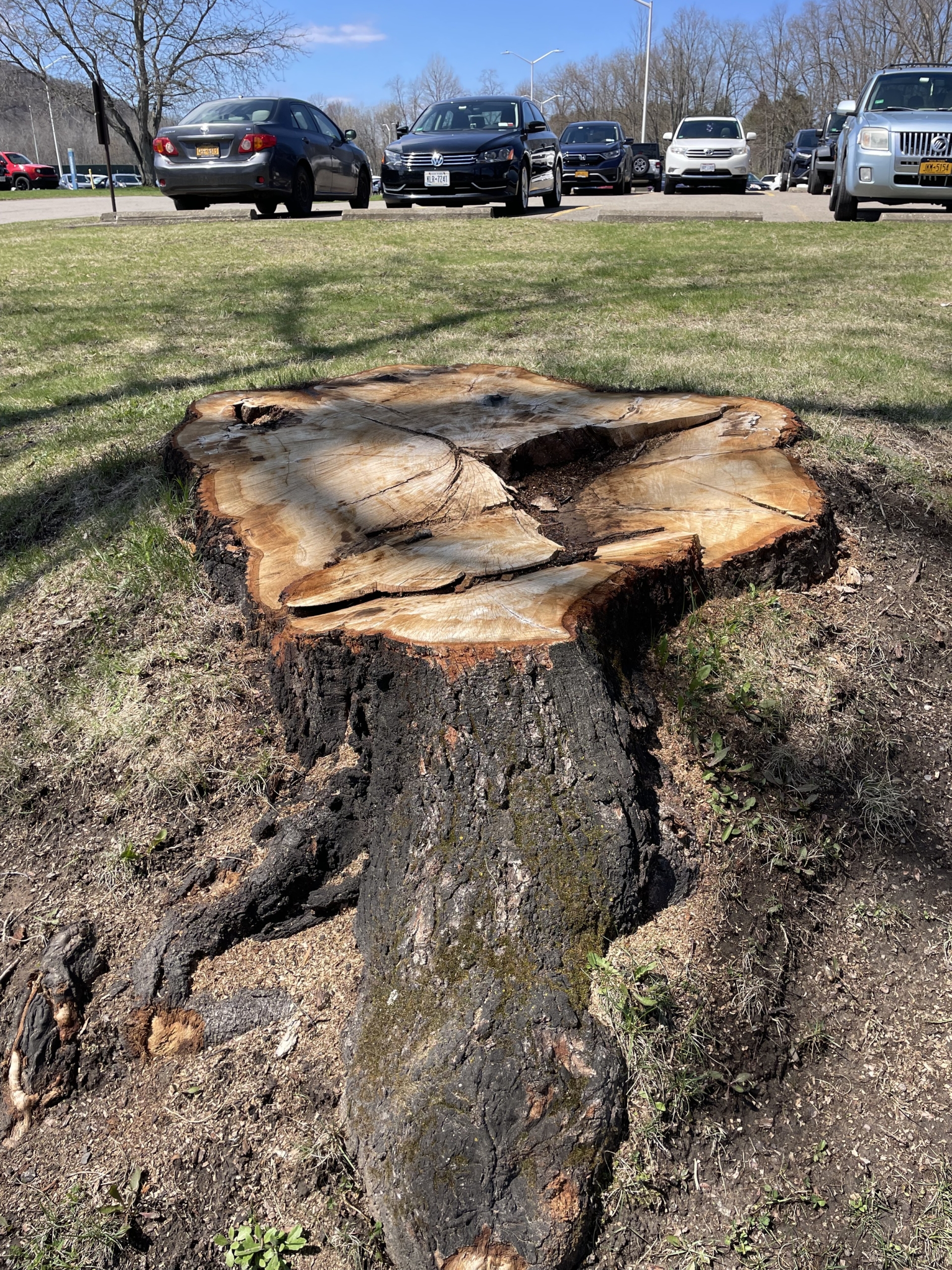By John Pullano, Editor-in-Chief
St. Bonaventure University graduate school counseling and clinical mental health counseling interns began working at their respective sites in September with guidelines to stop the spread of COVID-19.
In 2020, student counselors will be placed in different sites as they would if there was not a pandemic, according to Mia O’Brien, director of program administration for the counselor education program. Minor modifications will be made to the program’s affiliation agreement to include health and wellness language regarding COVID-19 prevention.
“The process is the same in regard to placing students for clinical placements,” said O’Brien. “The only difference we have is the students sign a safety form related to their clinical placement. The expectation is that students will follow all safety guidelines and protocols for the site they have been placed in for the semester.”
According to O’Brien, the counseling interns have been placed at sites throughout the country. Bonaventure’s interns work by different rules depending on the state’s mandated guidelines for COVID-19 prevention.
“The school counseling students are placed all over the country in many different states,” said O’Brien. “[The rules] depend on the state, the specific school and the comfort level of each student. The school counseling students know that if they are uncomfortable at any time, they can reach out to me and we will review the situation and if need be, get them a new placement site.”
The several sites interns are set to work for this fall have voiced concerns about having Bonaventure students and “non-essential peoples” placed into their buildings.
“Some schools are more concerned than others,” said O’Brien. “It is not just St. Bonaventure University students; it is all non-essential people. It has been more difficult this semester to find placements for students in schools. This is where our alumni throughout the US could help us get our students placed during these difficult times.”
Among the sites concerned about allowing non-essential personnel into their buildings, several have taken to a hybrid teaching system to allow students to learn in person and online, according to O’Brien. However, O’Briens believes Bonaventure’s counseling interns have been trained to adapt to hybrid learning.
“[Hybrid classes] are not an issue for the school counseling students,” said O’Brien. “[Counselors] can provide tele-mental health counseling or face-to-face counseling for students depending on what their placement site allows or prefers.”
Monica Everhart, a counseling intern at Chaparral High School in Parker, Colorado, has begun counseling full time via a hybrid model. Students are divided into two different cohorts and each cohort attends in-person classes two days a week while everyone is virtual on Fridays.
According to Everhart, she has conducted very few in-person counseling sessions with students and finds the alternative of virtually counseling very difficult due to home distractions and the inability to connect with a student.
“Actually, seeing students in person for counseling sessions is few and far between,” said Everhart. “My supervisor utilizes remote learning time to schedule online meetings with her students. When I participate in these meetings, I find it difficult to really connect with students. When I meet with them in person in the office, connecting is so much easier because I can read body language much better with a student right in front of me rather than behind a screen.”
Depending on the teaching and counseling style of the site they are placed in, O’Brien believes the interns will feel comfortable counseling in either style due to past experiences.
“I do not believe that [online counseling] will hurt the school counseling students, as many states have allowed tele-mental health before the pandemic,” said O’Brien. “It is an attribute of a counseling student to be able to be flexible and adaptive to any situation for the benefit of those in need.”
Regardless of the added difficulties of counseling virtually, Everhart agrees with O’Brien that she will gain experience and perspective from counseling during a pandemic.
“We are living in one of those historical moments we often read about in our own textbooks when we were in high school,” said Everhart. “No society has ever navigated something like this in modern history. I am learning what does work and what does not work when it comes to remote and virtual learning. It really is a ‘learn as you go’ process. I am really having to think outside the box when it comes to determining the best way to reach kids and empower them during this pandemic.”
pullanjj18@bonaventure.edu



